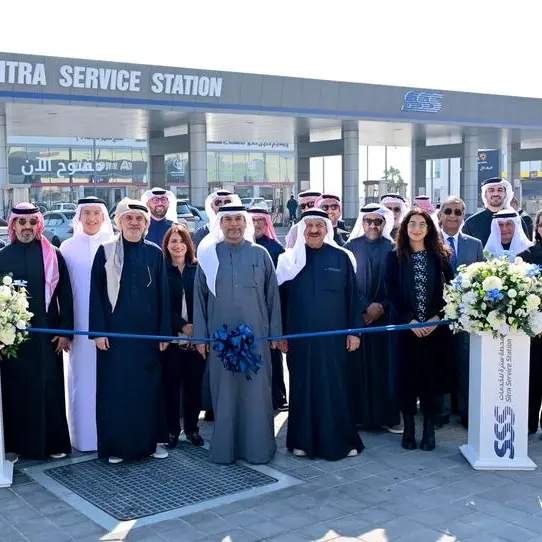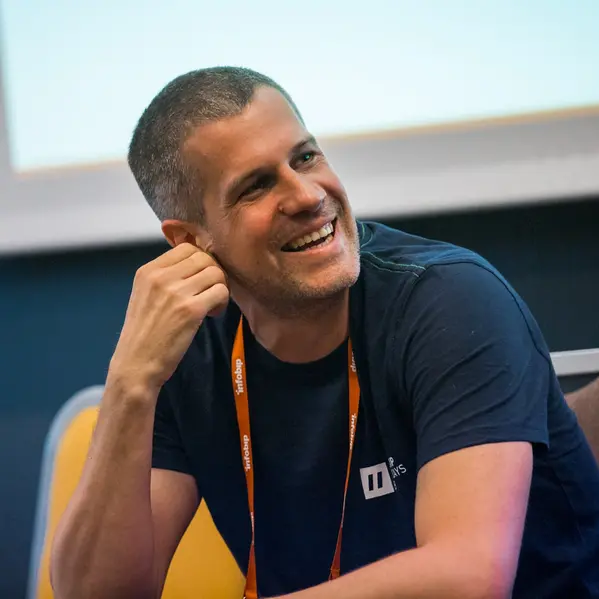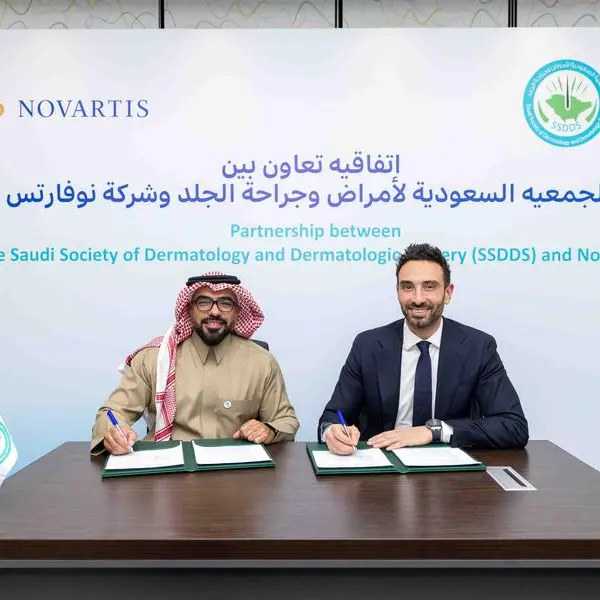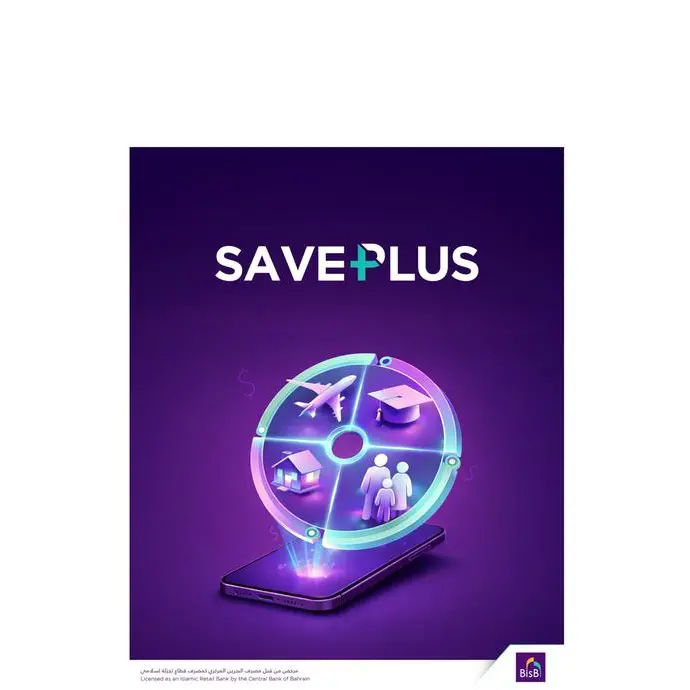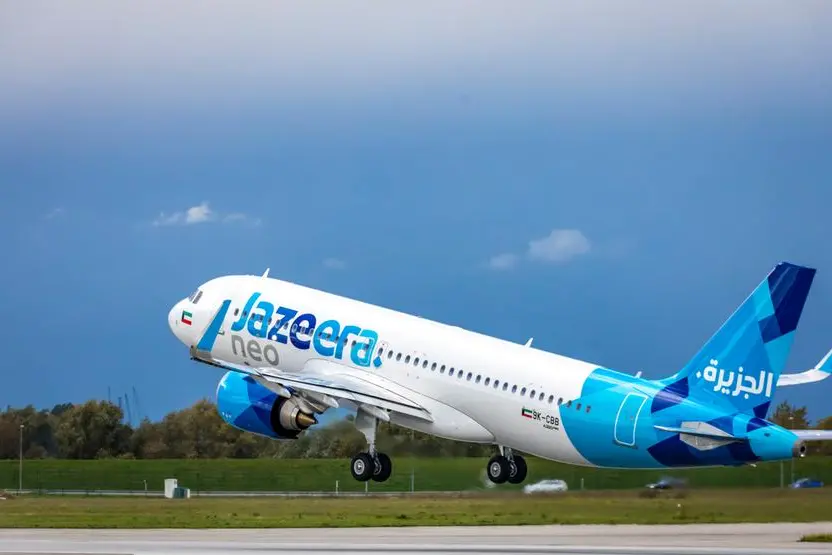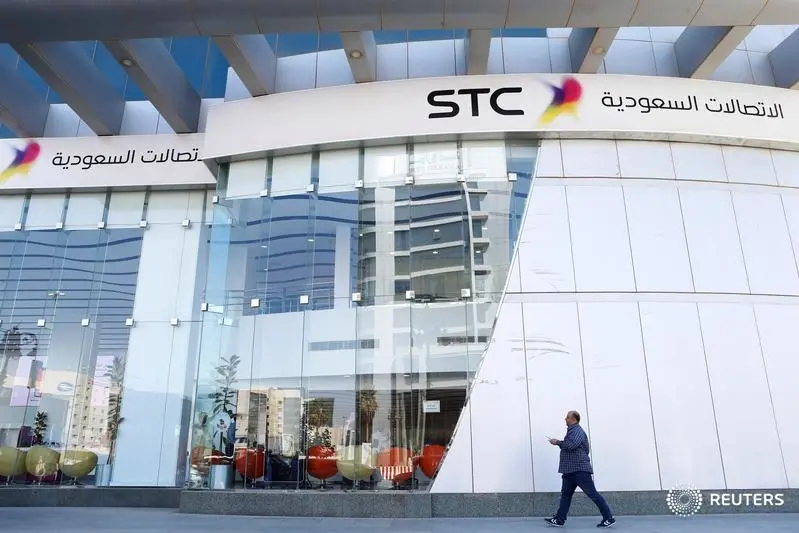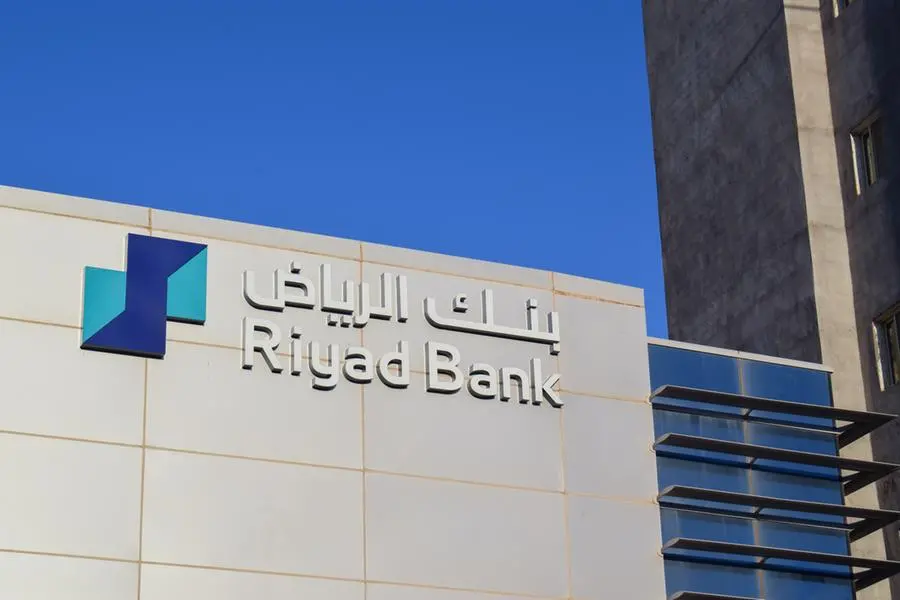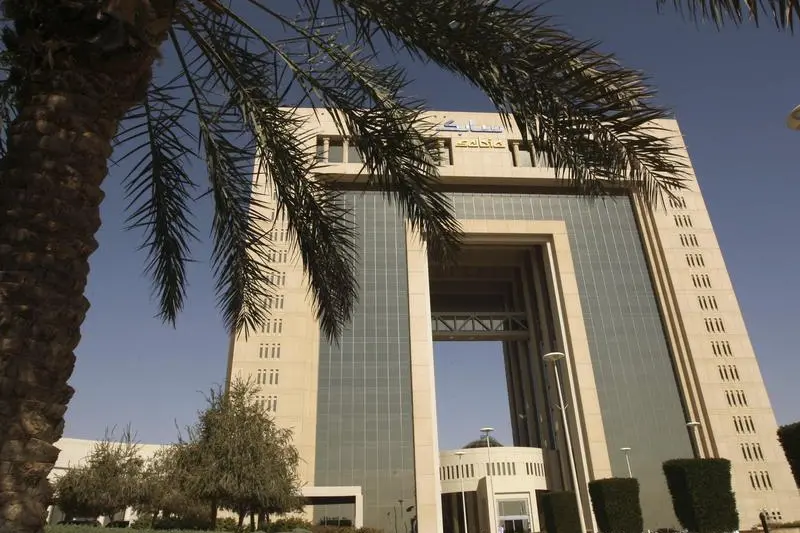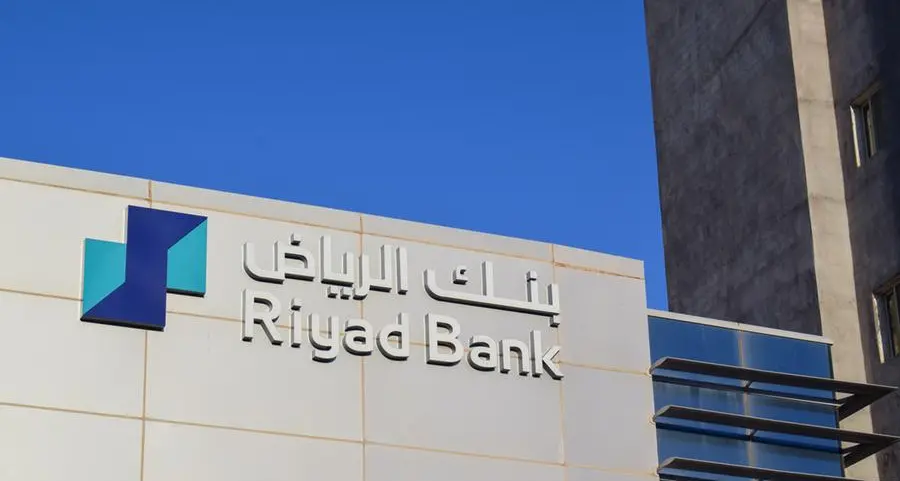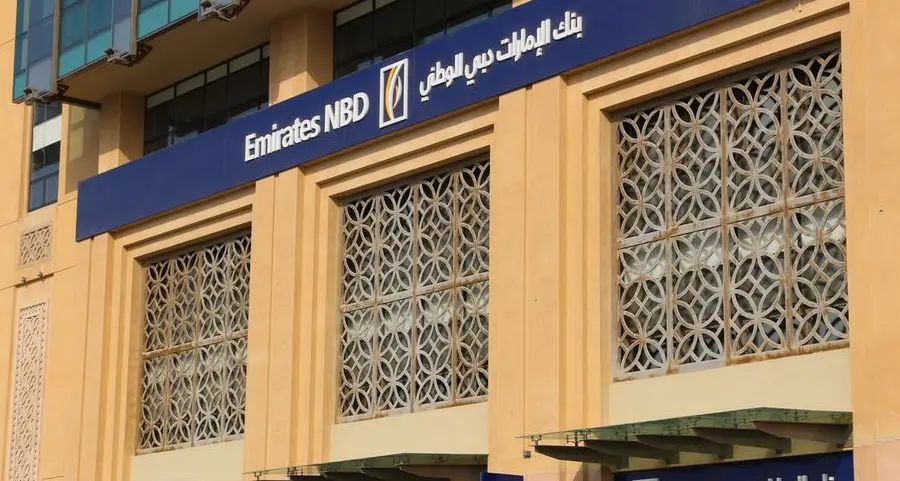PHOTO
Unprecedented current and evolving challenges facing Africa’s health system calls for an urgent need to expand access to telehealth and improved imaging solutions as well as addressing the continent-wide shortage of skilled medical staff.
Showcasing a robust portfolio of connected, interoperable, AI-enabled solutions, Philips is demonstrating how the healthcare ideals of tomorrow are possible today.
Cairo, Egypt – Royal Philips (NYSE: PHG, AEX: PHIA), a global leader in health technology, is showcasing its portfolio of Artificial Intelligence (AI)-enabled, scalable and smart connected solutions that are helping to build a more robust, agile and sustainable healthcare system to address the current and future needs of healthcare in Africa, at Africa Health ExCon 2022, (5 – 7 June 2022) in Cairo.
With the highest population growth, compounded by the growing incidence of non-communicable diseases such as cancer, cardiovascular diseases and diabetes causing up to 88%* of deaths on the African continent; and 86% in Egypt, the need for further reaching, more precise, and cost-effective care across Africa is undeniable. The immediate need is intensified by the effect of COVID-19, which resulted in disruptions to essential health services.
Over the past two years – accelerated by the pandemic - countries across Africa including Egypt have started to made investments in the infrastructure needed to enable easier and faster adoption and deployment of digital technologies. This, combined with the positive first-hand experience of a majority of healthcare practitioners in using telehealth and remote-collaboration during the peak of COVID-19, as well as the emerging benefits of AI, and the shift towards predictive analytics and precision medicine, has established a solid foundation for continued digital transformation in the healthcare industry across Africa in the near term.
“While connected care is not new, how care connects keeps changing and Philips is at the forefront of the transformation in which data, devices and applications connect patients and caregivers – empowering people to maintain better health and manage chronic illness,” says Vincenzo Ventricelli, CEO, Philips Middle East, Turkey and Africa (META). “Emerging technology such as AI and connected care, will continue to increase the quadruple aim of care (better health outcomes, lower cost of care and improved patient & staff experience) by seamlessly integrating health data and enabling better collaboration to make the most of the resources we have available to meet growing needs.”
Landmark solutions unveiled at Africa Health ExCon 2022 highlight that the only way to address the continent’s most prominent health challenges is by improving the efficacy of care – first by expanding access to patient health information to empower care provides to make quick, informed decisions, and secondly by ensuring that the skills that exist reach much further.
This means that technology needs to create efficiencies through secure data sharing, first-time right diagnosis, increased precision treatment through improved imaging solutions, and improved clinical collaboration.
As an example, the Philips eICU, enables clinicians to interact with staff at the bedside and consult on individual care – even from an offsite location. This means one centralized specialized critical care team can manage a large number of ICU locations, and exchange health information electronically, in real time. This offers a supplement – not a replacement – to the bedside team, by creating added support structures to increasingly scarce clinical resources.
Other innovations such as landmark imaging solutions like the Philips MR 5300 uses AI-driven VitalEye touchless patient sensing and advanced algorithms to detect breathing – allowing a routine MR exam set-up to occur in less than a minute. This improves the MR experience for patients who have difficulty in holding their breath thereby overcoming a legacy limitation of MR scans, but also boost productivity by speeding up exams, empowering clinicians to make informed clinical decisions, and control the costs of MR imaging – which could change the future of care in Egypt/ Africa.
“These advancements are just the start,” says Ventricelli. “With relentless pressure on resources, healthcare in Africa is approaching a tipping point at which radical change must come. And as good healthcare reaches ever more people through mobile and connected technologies, it will help bring inclusive growth and better health to entire populations at a lower cost of care.”
Africa Health ExCon 2022 is taking place at the Egyptian International Exhibition Center (EIEC) in Cairo from 5 – 7 June 2022. You can visit the Philips booth in Hall 2.
-Ends-



